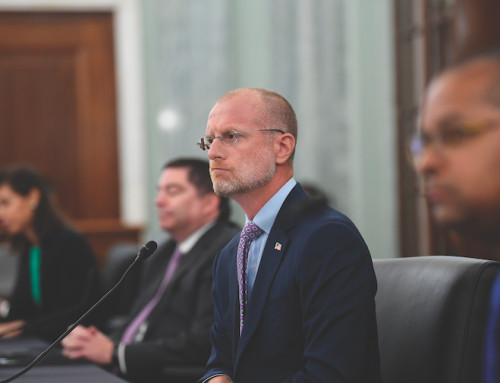A Tenth District Court of Appeals panel upheld a trial court decision denying an inmate’s motion in which he ultimately sought a new trial related to his conviction on charges in the shooting deaths of two people in 2017 in Columbus’ Hilltop neighborhood.
The three-judge panel overruled the arguments of 29-year-old Devon Bias that the Franklin County Common Pleas Court abused its discretion by not allowing him to file the motion for leave to file a delayed motion for a new trial and that his Sixth and 14th amendment rights were breached when denied effective counsel at trial.
“Bias failed to attach an affidavit or any other evidence to support his motion for leave to file a delayed motion for new trial,” Tenth District Judge Shawn Dingus wrote for the 3-0 panel. “For this reason alone, it was within the trial court’s discretion to summarily deny Bias’s motion for leave.”
He said that the evidence which Bias references in the appeal was in the trial record and could have been produced at trial.
“It was not new evidence that Bias was unavoidably prevented from discovering until three years after his trial,” Dingus added.
Bias, who is incarcerated at Lebanon Correctional Institution, was sentenced to an aggregate prison term of 35 years to life in 2021, having been found guilty of murder and other charges related to the shooting deaths of two individuals and the attempted shootings of two others.
A summary of the case noted that Bias appealed the conviction, which was upheld in earlier Tenth District proceedings.
In July 2024, Bias filed a motion for leave to file a delayed motion for new trial based on the discovery of new evidence.
The alleged new evidence was a portion of the video recording of the police interview of two brothers — the victims of the attempted shootings — at their home Dec. 4, 2017.
During the specific portion of the video, the brothers, who are not identified in the decision, agree on the description of Bias’ skin tone. The portion of the recording was admitted into evidence, but it was not played during Bias’ trial, summary provided.
Bias stated in his motion that he recently had gained access to the complete videos during federal habeas proceedings and argued that he had been prevented from discovering the portion of that exhibit because it had not been played during trial.
He admitted in the motion that he was under the impression that he needed an attorney to be granted the ability to view the complete videos.
The trial court summarily denied Bias’ motion for leave, prompting the current appeal.
“Bias asserts that the trial court should have granted his motion for new trial because trial counsel was ineffective in failing to call (one of the brothers) as a witness and because (the other brother’s) pre-trial identification of Bias was inadmissible,” Dingus wrote. “Both arguments relate to the merits of Bias’ motion for new trial rather than his motion for leave.”
Under Crim.R. 33(B), the trial court may not consider the merits of the proposed motion for a new trial until after it grants the motion for leave, the panel noted.
“Because the trial court denied Bias’ motion for leave, it had no authority to reach the merits of Bias’ motion for new trial,” Dingus continued. “The trial court did not err by failing to grant Bias’ requested relief.”
Presiding Judge Terri Jamison and Tenth District Judge Carly Edelstein concurred with Dingus’ opinion.









